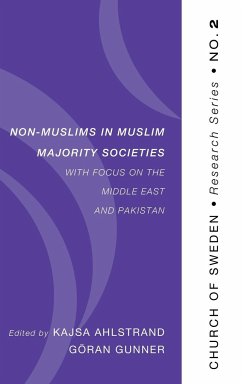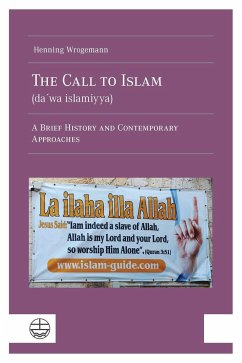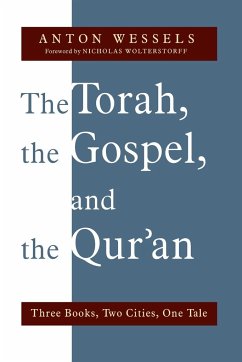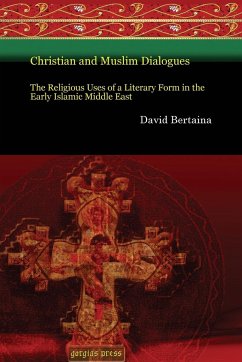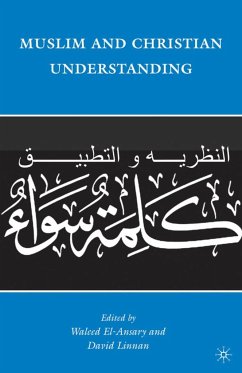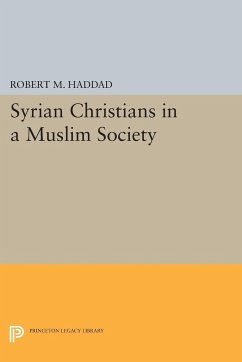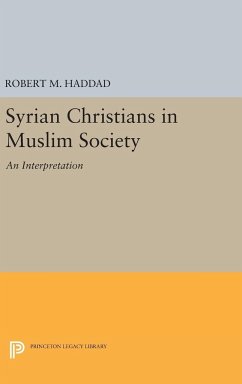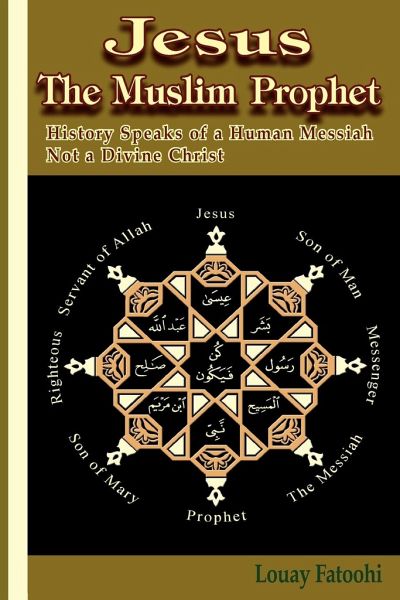
Jesus the Muslim Prophet
History Speaks of a Human Messiah Not a Divine Christ
Versandkostenfrei!
Versandfertig in 1-2 Wochen
13,99 €
inkl. MwSt.

PAYBACK Punkte
7 °P sammeln!
Jesus introduced himself as a prophet of Islam and the awaited Messiah. Like the many Muslim prophets before him, his core message was to call people to worship God. He also tried to reform the practice of Judaism, which had been corrupted over the centuries, and he brought the good news about the coming of Prophet Muhammad. Jesus spoke about one God. He never taught that he or anybody else was or could be divine. He even called himself "son of man" to pre-empt the attempts to make him divine after him. It was Paul who started and promoted the concept that Jesus was man and god. He put Jesus' ...
Jesus introduced himself as a prophet of Islam and the awaited Messiah. Like the many Muslim prophets before him, his core message was to call people to worship God. He also tried to reform the practice of Judaism, which had been corrupted over the centuries, and he brought the good news about the coming of Prophet Muhammad. Jesus spoke about one God. He never taught that he or anybody else was or could be divine. He even called himself "son of man" to pre-empt the attempts to make him divine after him. It was Paul who started and promoted the concept that Jesus was man and god. He put Jesus' divinity at the heart of his theology, creating a religion, Christianity, that Jesus would not have recognized. The deification of Jesus was developed further by later theologians, leading to a Jesus that cannot be distinguished from God. This is the Jesus of the last of the four Gospels, John. The different Jesuses that early Christianity created can be seen by comparing the Gospels of Mark, Matthew, and Luke with John, Paul's writings, and other New Testament books. Putting all twenty-seven books in one volume cannot hide the fact that they do not promote one Jesus. In fact, inconsistency can be clearly seen even within most of these books, including each of the four Gospels. This book contrasts the human Jesus of the Qur'an with the divine Jesus of Christian sources. It shows that the Qur'anic Jesus is the one that fits in history. This focused study is for both the general reader and the expert. This easy-to-read book is for anyone interested in the nature of Jesus in various scriptures and historical sources. This comparative study of the prophethood of Jesus in the Qur'an and history versus the divinity of the Christ in Christianity examines: · The human Jesus of the Qur'an · The scriptural evidence that Jesus was not divine · Paul's deification of Jesus and distortion of Christianity · Historical problems in the Christian "sonship of God" · The problematic doctrine of the Trinity · The original meaning of "son of man"



